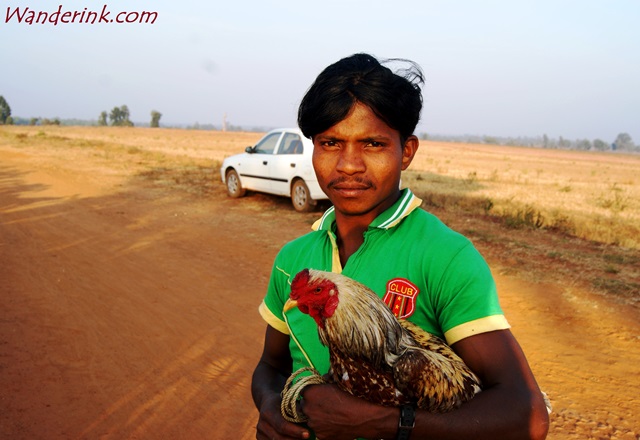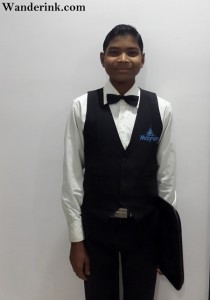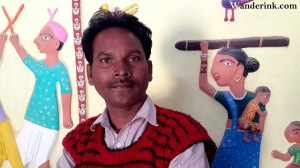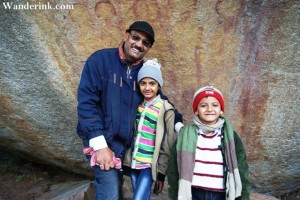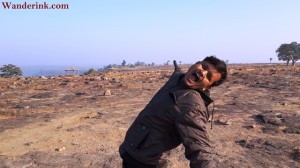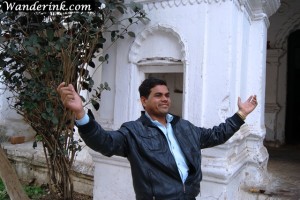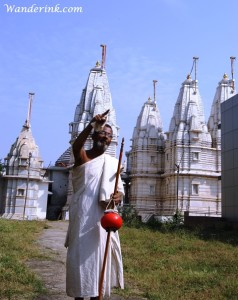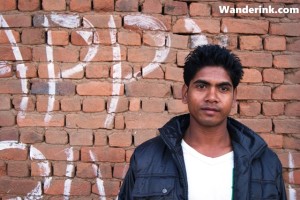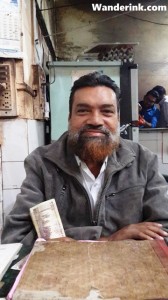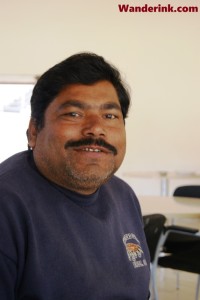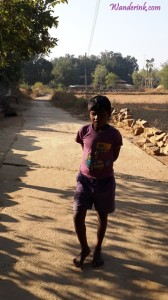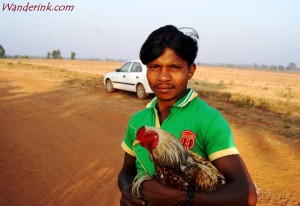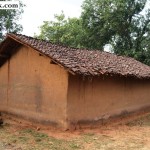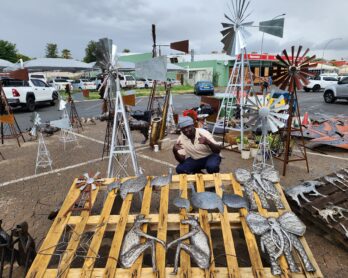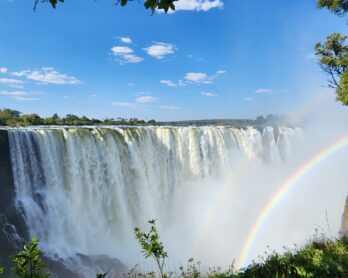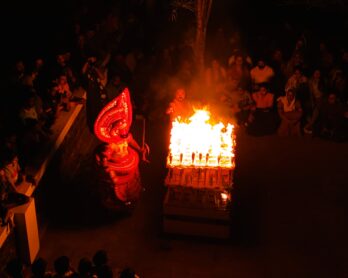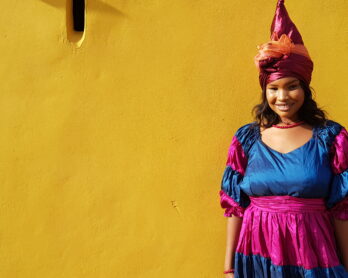Great landscapes make amazing photographs but people make long-lasting memories. They capture that moment in our journey – of unexpected warmth, curiosities answered, concerns voiced and insights shared. By giving us an opinion, showing us the shorter route or letting us in on a local lore, they open up a whole new world to us. A world we would otherwise just scythe through remotely, quickly, by dint of being the travellers that we are. They become fodder for great reminiscences sometimes just by serving some very immediate and pragmatic purposes. Like the cabbie in Baloda Bazar who painstakingly drew a map to convince me against getting into Barnawapara through what I thought was the shorter route. His fare cavilled at the wastage of time and left him, I still have the map. The route I was intent on taking, as many told me later, would have been the funeral of my (borrowed) sedan. Or at times they imprint themselves in our minds by being faultless reflections of our own dreams and fears. Some remind us of the way we were or the way we wanted to be.
After over a month of overland tripping in Chhattisgarh, I have a whole cache of them – who made my journeys infinitely more eventful. From cooks and waiters to folk artists and industrialists, our interactions – some most fleeting – have been quite revealing of a land of exceptional cultural, tradition and an immense heritage. Above all, a land of some of the finest folk you would meet anywhere. If I were to list the top three lures of Chhattisgarh, it would start with the people. The amazing archaeological excavations and the roadside food – the aloo samosa (from around Mainpat area), the duska and barra with the pathaka (firecracker) or chapra (red ant) chutney can come in at second and third.
Here are some, I repeat just some, of this folk I met and some of the stuff they told me which lingered probably for its profoundness or its seeming simplicity. Stuff they said which showed me the place in a way I’d never have seen with my eyes.
Akbar Singh (waiter, Ambikapur)
“We come out in large numbers for religion, the benefits of which are yet to be established. Why don’t we come together like that for a road which is definitely more useful?”
Atma Das Manikpuri (mural artist, Puhputra village)
“The mineral deposits of Chhattisgarh will be over one day but what will remain is the god given gifts of people like us. I mean, we have to make sure it remains.”
Babbuji (Ashit Kumar Dubey, tourist guide, Kanker)
“The government gives everything free to the tribal to make him leave the forest alone. He still looks to the forest when he wants more. But now he cannot find the forest anymore.”
Dharam Verma (hotel staff, local boy, Chitrakote)
“I have no regrets or fears in my life. My parents are my past, my kid is my future, I am my present and I live in the present.”
Dinesh Kumar Jangde (Folk dancer, Raipur)
“Many sponsors back out saying the Panthi dance is not long enough to make it paisa-vasool. Our problem is that we can’t ‘cut’ as the tempo is steadily increasing.”
Nemi Premi (Jaidarshan Vijay, monk, Nagpura)
“I was married for 25 years before both me and my wife decided to be ascetics. We bumped into each other five years ago. No, we didn’t discuss our life together.”
Kelsang Gyatso (Tibetan cooperative society staff, Mainpat)
“We from Tibet are not refugees. Refugees are those who have their own countries. We do not have a country.”
Manoj Kumar (cook at a resort in Barnawapara)
“I want to be a tourist guide. But to be a good tourist guide I have to learn English. I have friends who went for spoken English classes. But none of them can speak English.”
Mohammed Fazluddin Rizvi (hotel owner, Jagdalpur, Bastar)
“Till about 20 years ago half naked tribal women used to frequent the town for buying things. Now they don’t. Either they are scared to come or there are no more tribals.”
Sambu Sankar Dey (cook, Mainpat)
“Five star cooks have this fanciful notion that their food has to look good; here nobody cares how your food looks like or where it is served as long as it tastes good.”
Shankar (Mendri village, near Chitrakote)
“All the houses in my village make mahua (a local brew). We drink it to forget tiredness. Sometimes it also helps us forget we are hungry.”
Sukhram (farmer, Chingitarai village, near Tirathgarh Waterfalls)
“Not for ten thousand, not for twenty. Maybe not even fifty. I don’t think I will sell my gamecock for any amount of money.”
It is sheer coincidence that this post about my love for the people of Chhattisgarh comes on the Valentine Day which officially marks The End of Valentine’s Day in Chhattisgarh. This year onward February 14 has been proclaimed by the state government as ‘Matru-Pitru Diwas’ – a day to celebrate love and respect for your mother and father. (Another PTA meeting? More pocket money?) But what is really absurd is banning a day dedicated to some old fashioned romance and loving in a state where every heritage is adorned with the most graphic erotica. Look up my previous post on the fabulous Bhoramdeo Temple. Celebration of sexuality was quite evidently a part of Chhattisgarh’s culture, its glorious past. Even today in several parts of the state the Ghotul system is pretty much alive – where boys and girls of marriageable age come together (in a windowless hut, no less) and spend the night with the partner of their choice. This makes as much sense as banning nachos from pubs.


